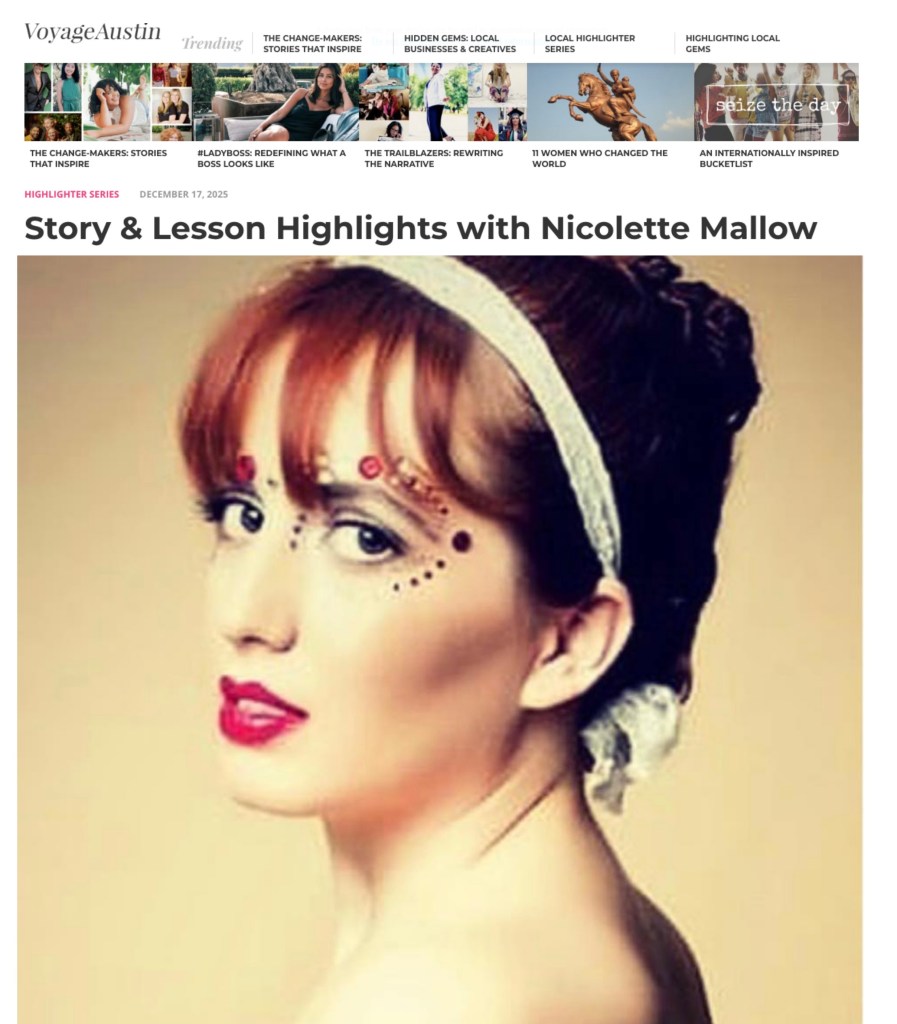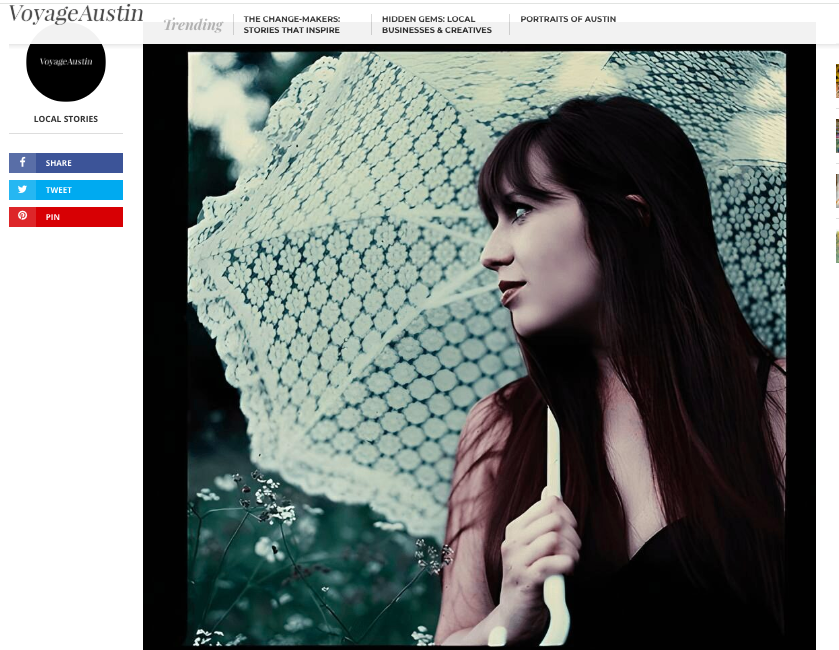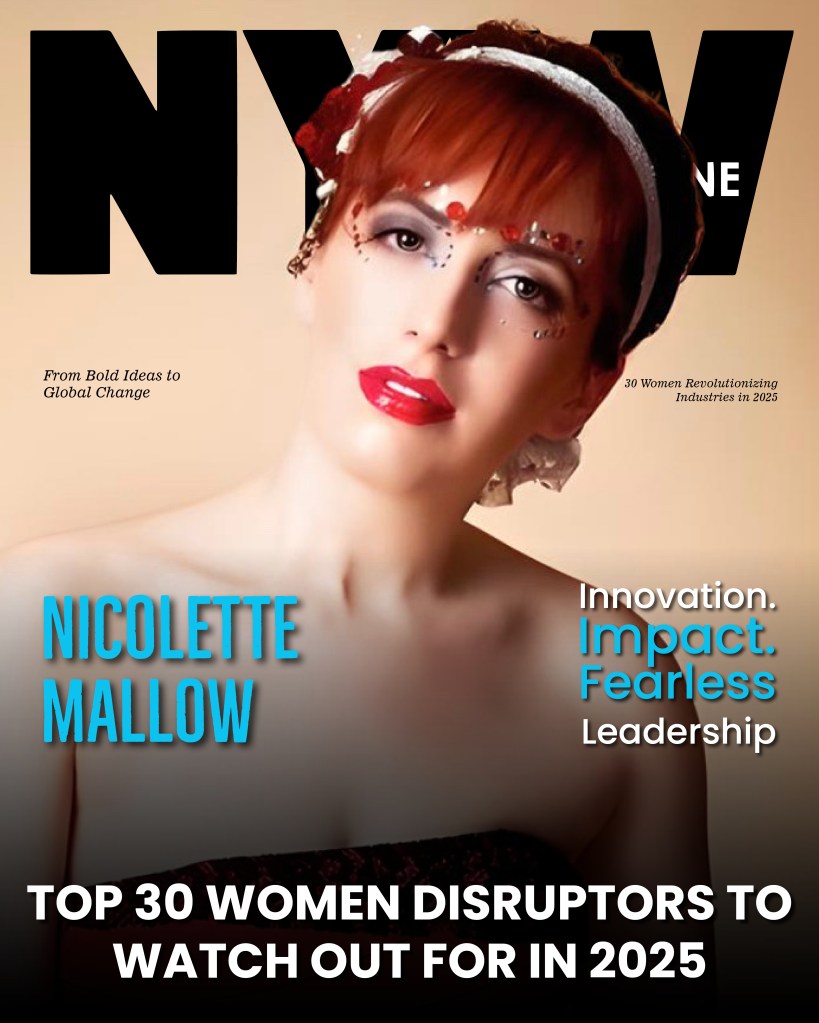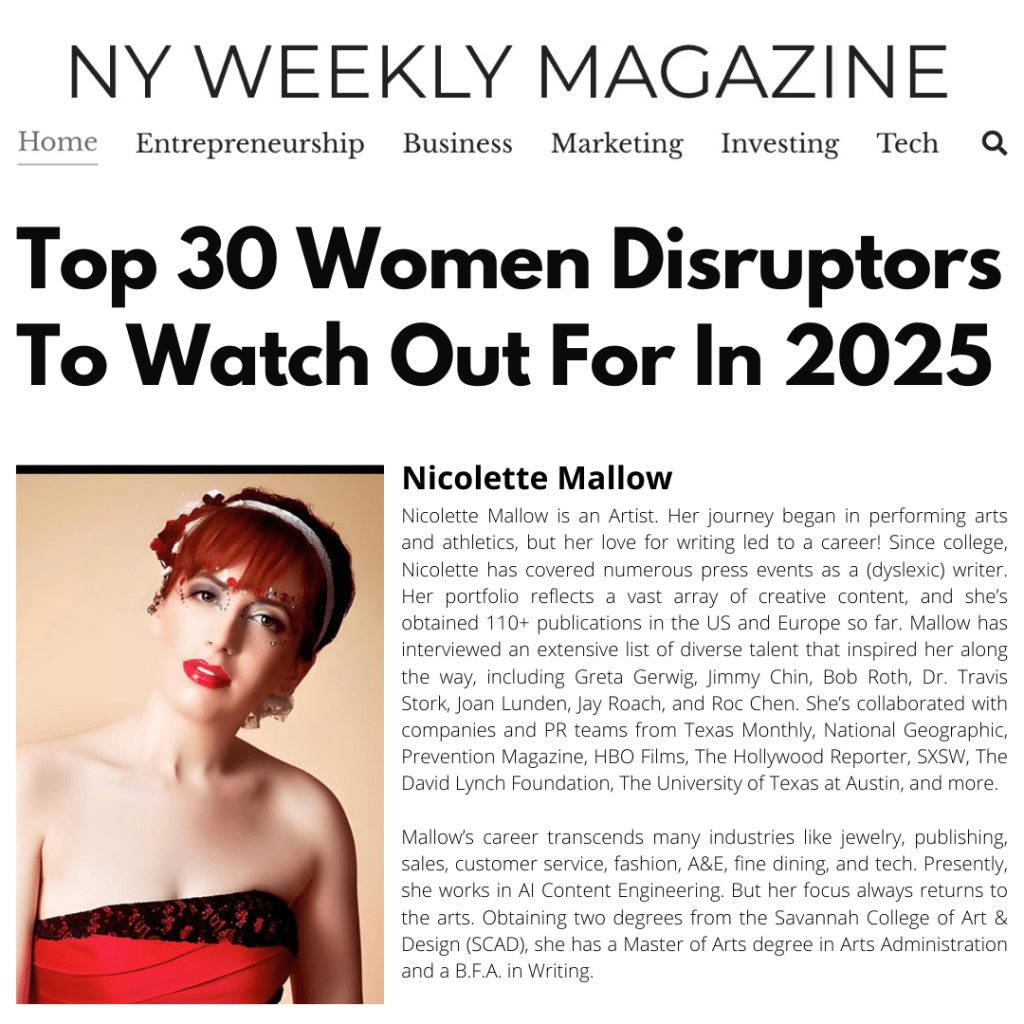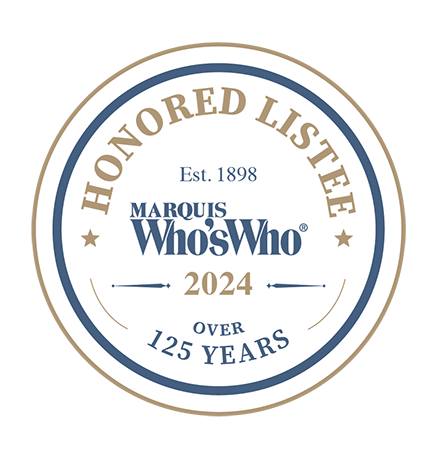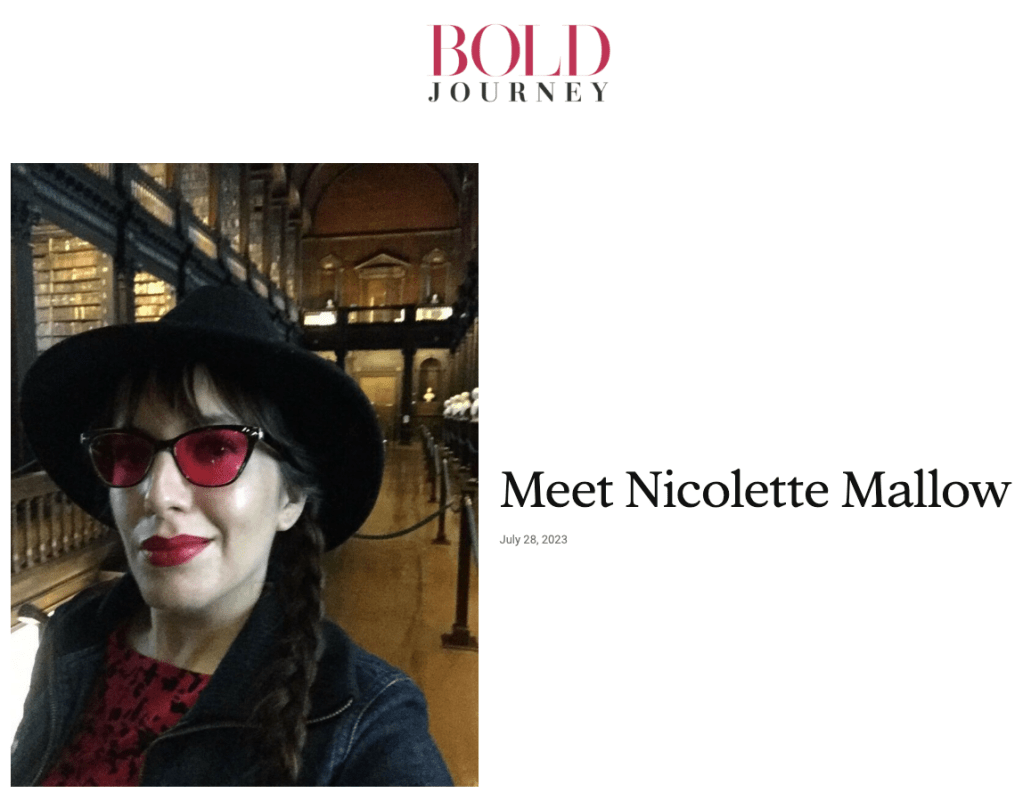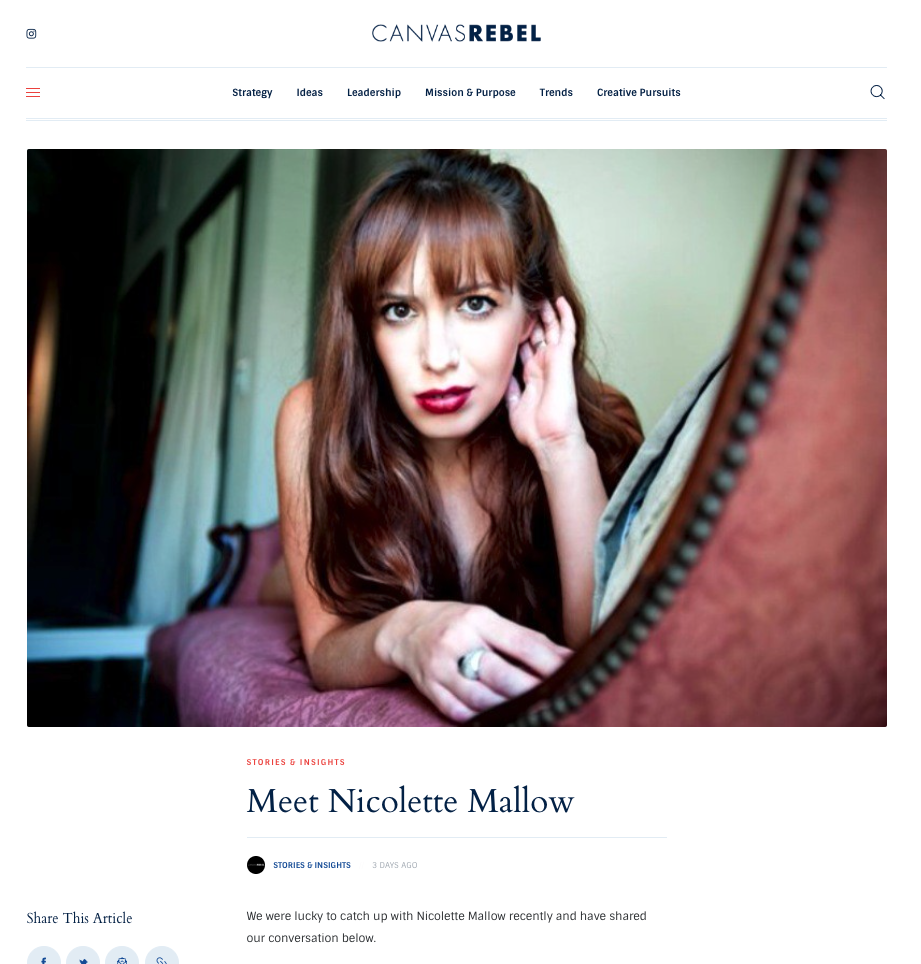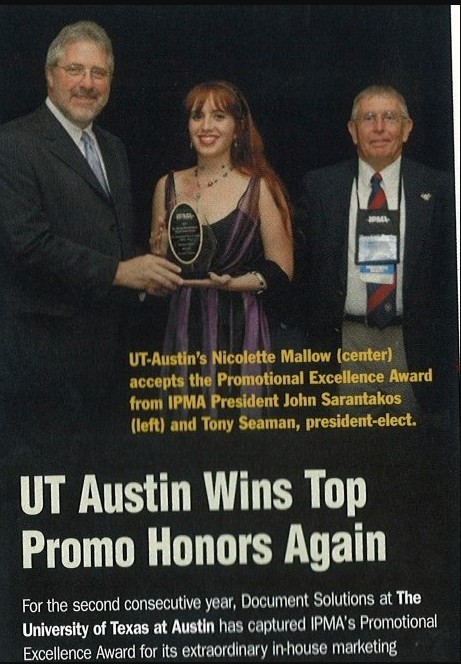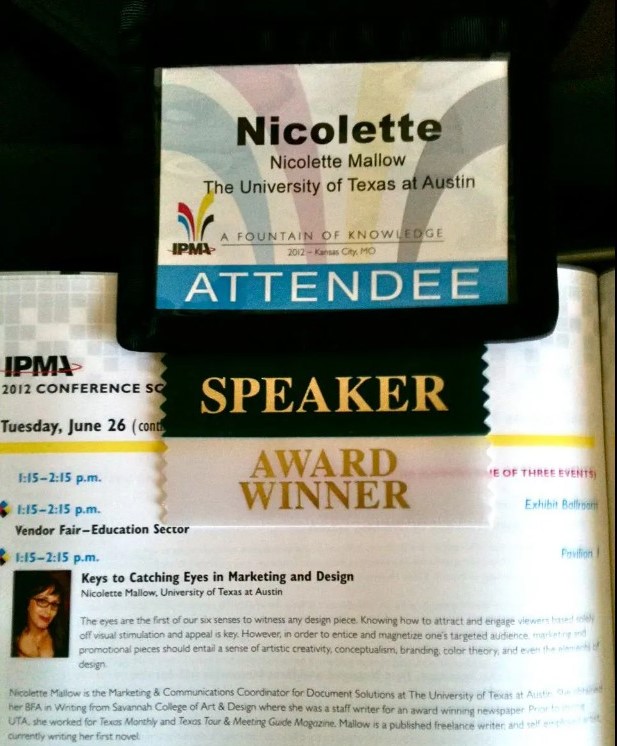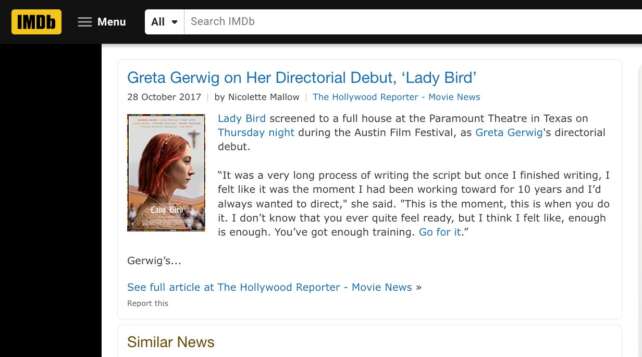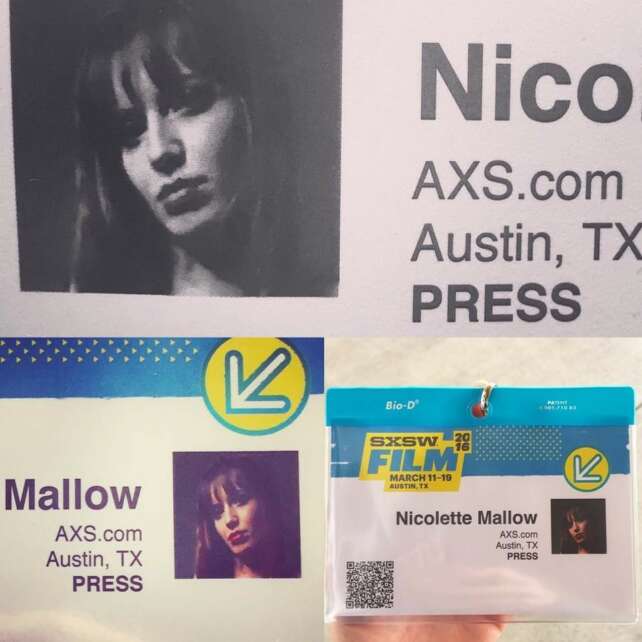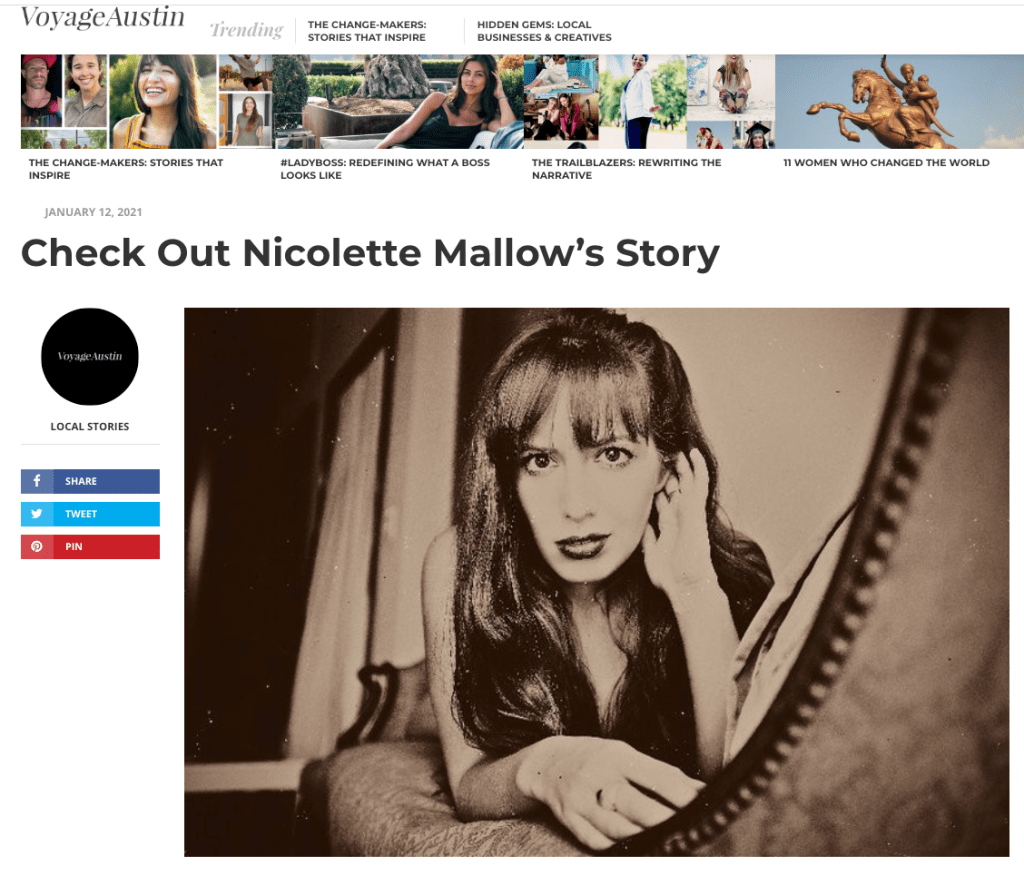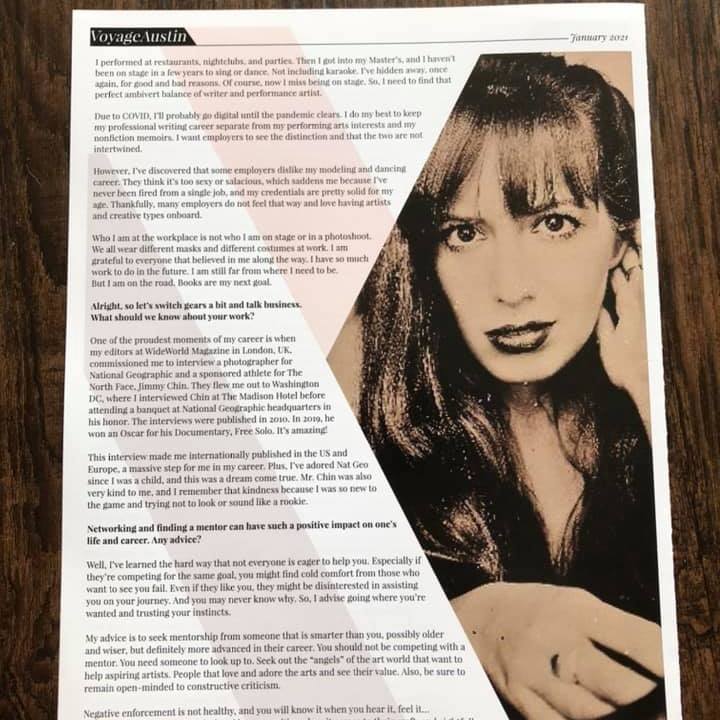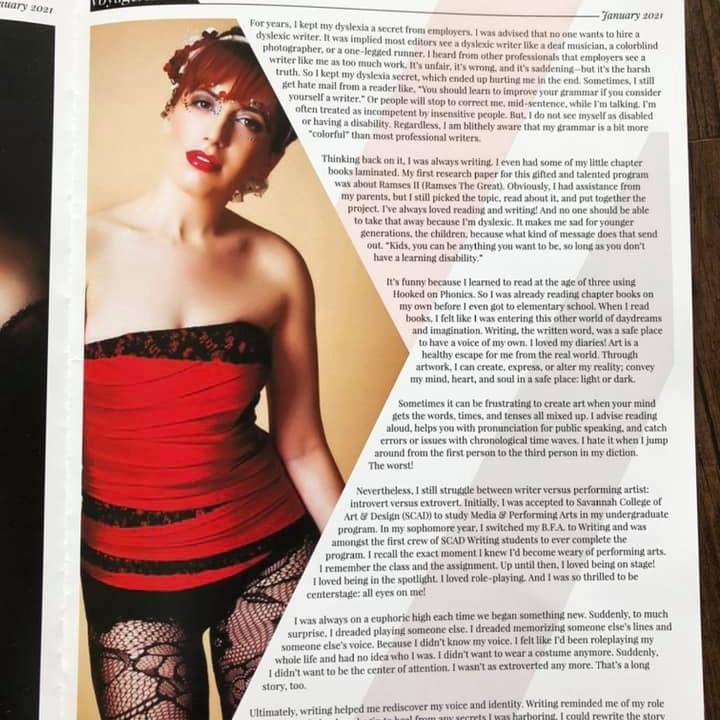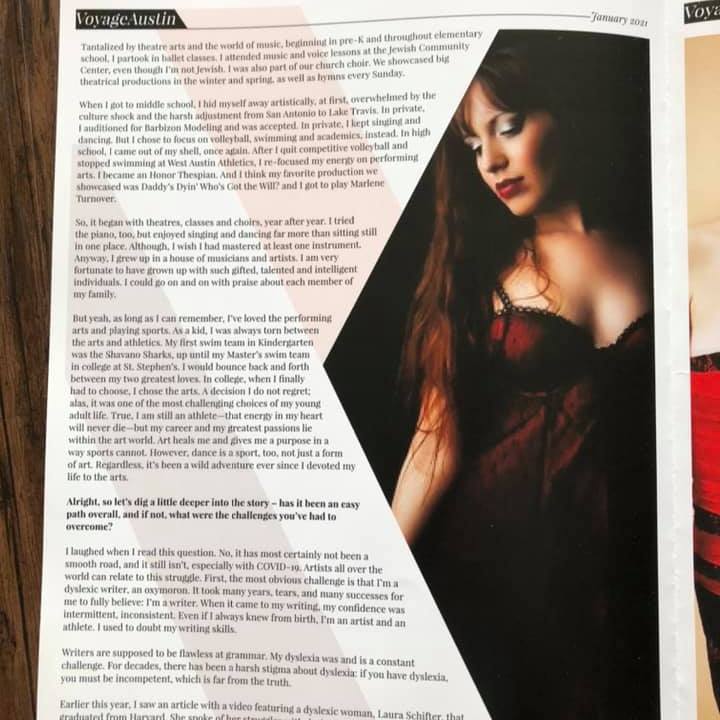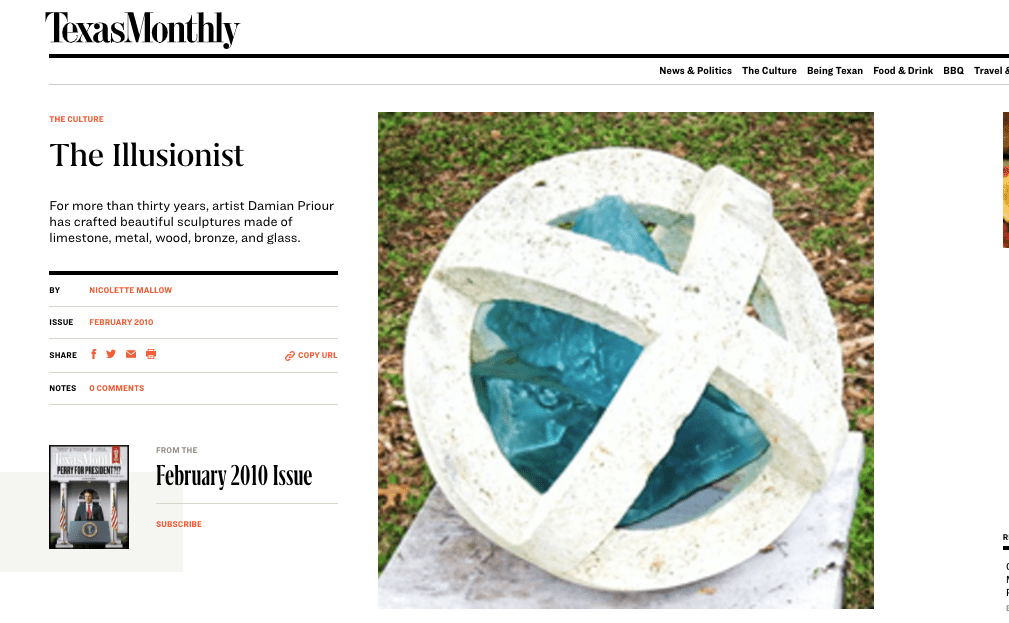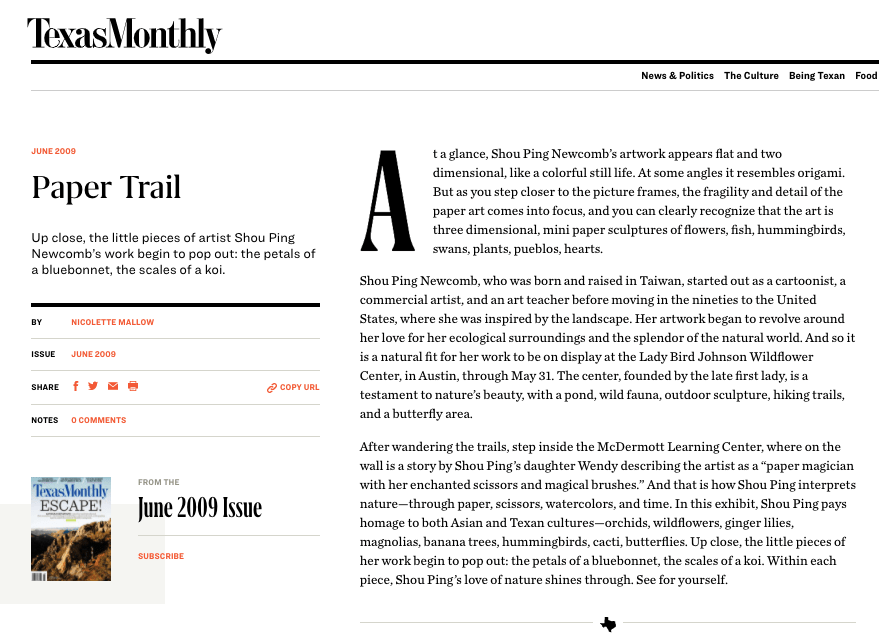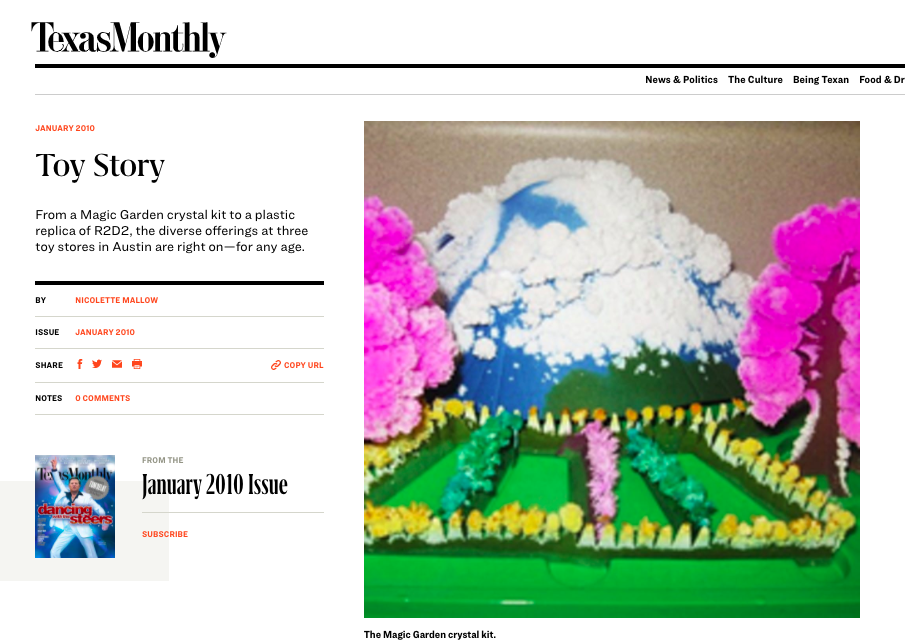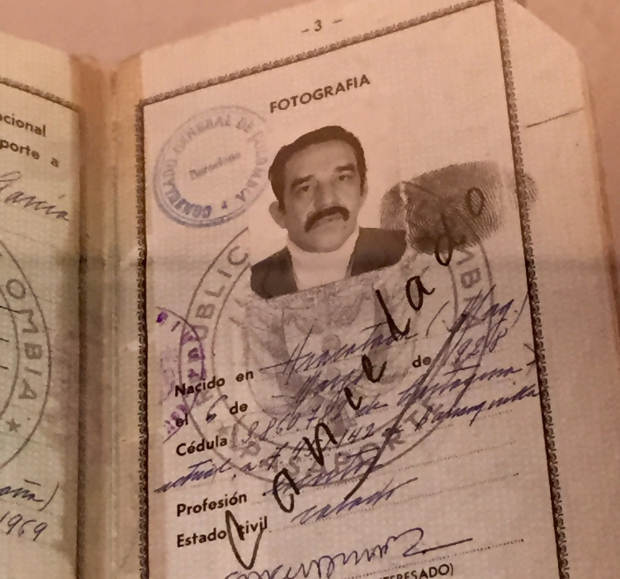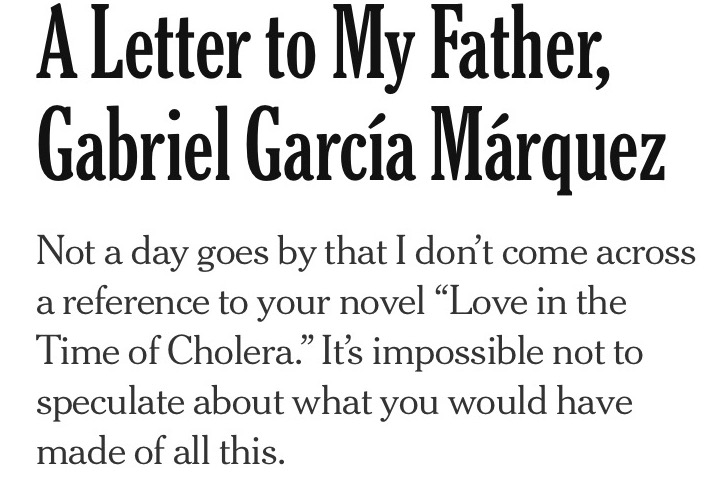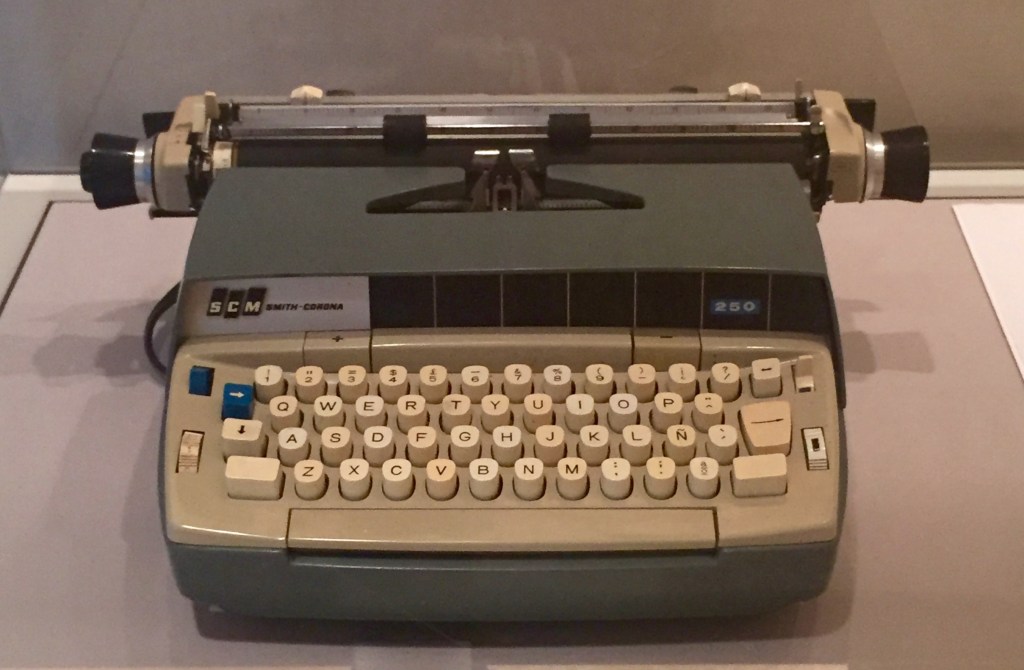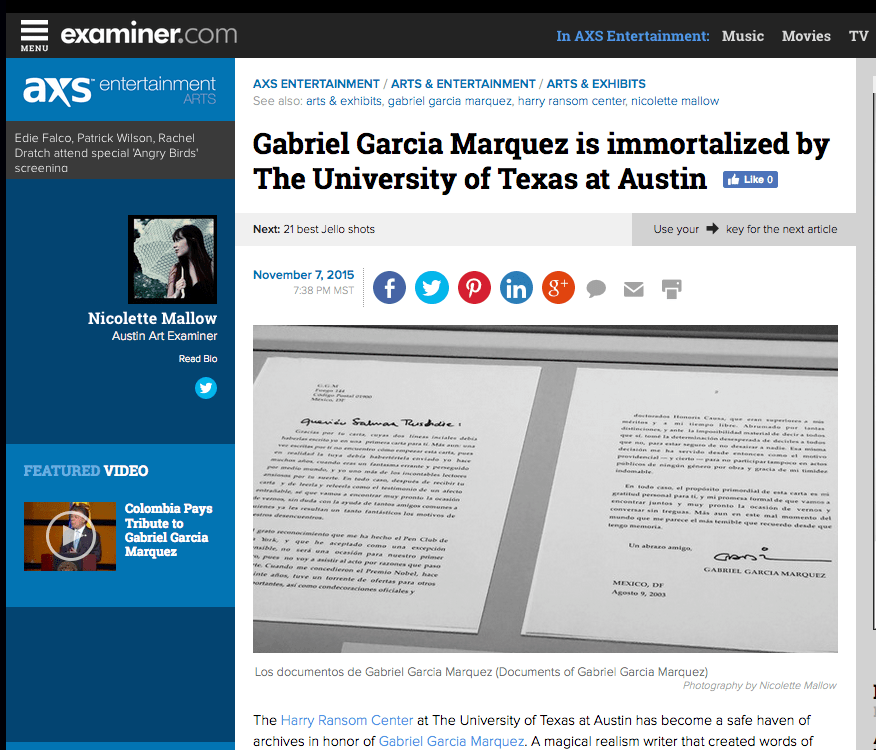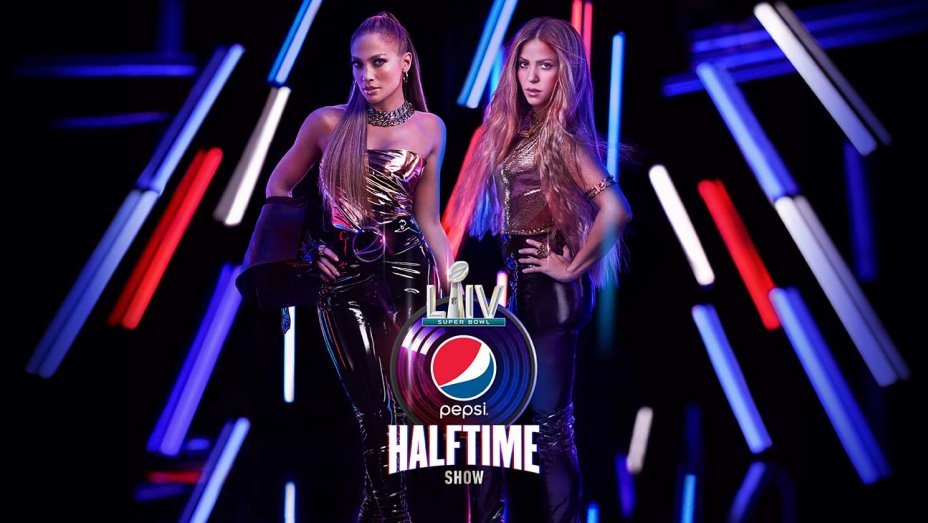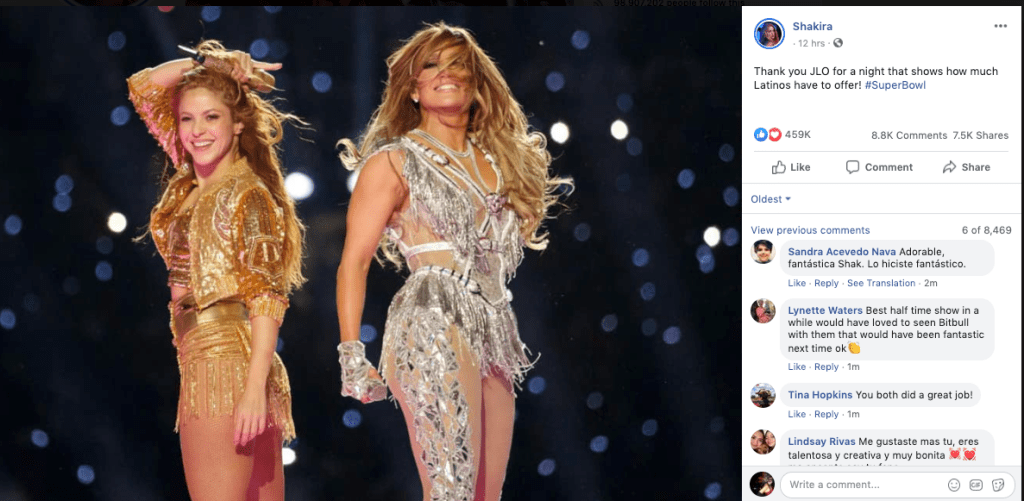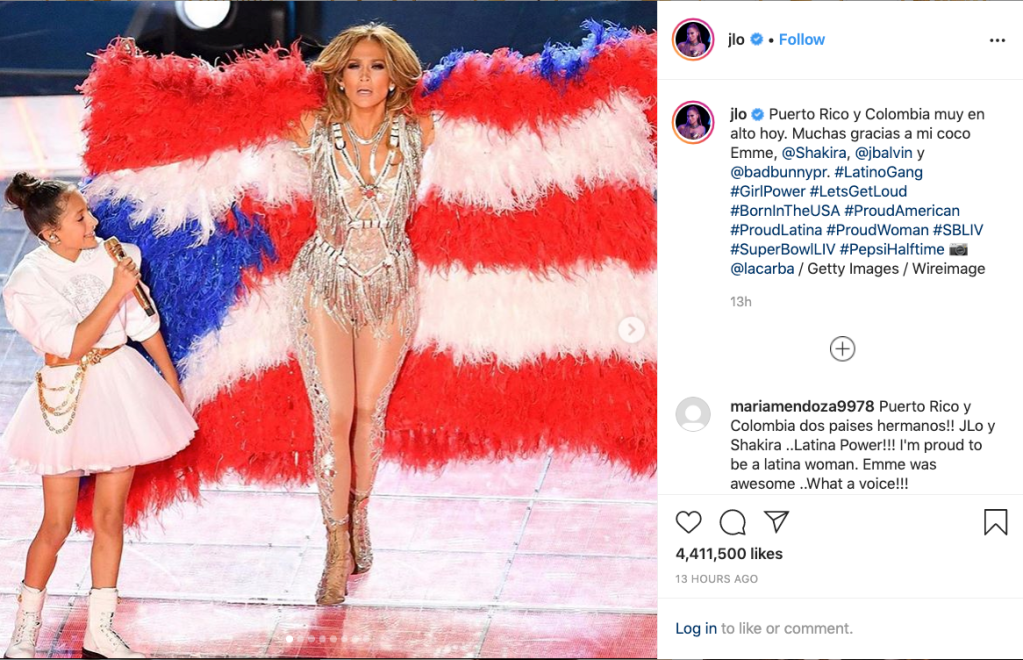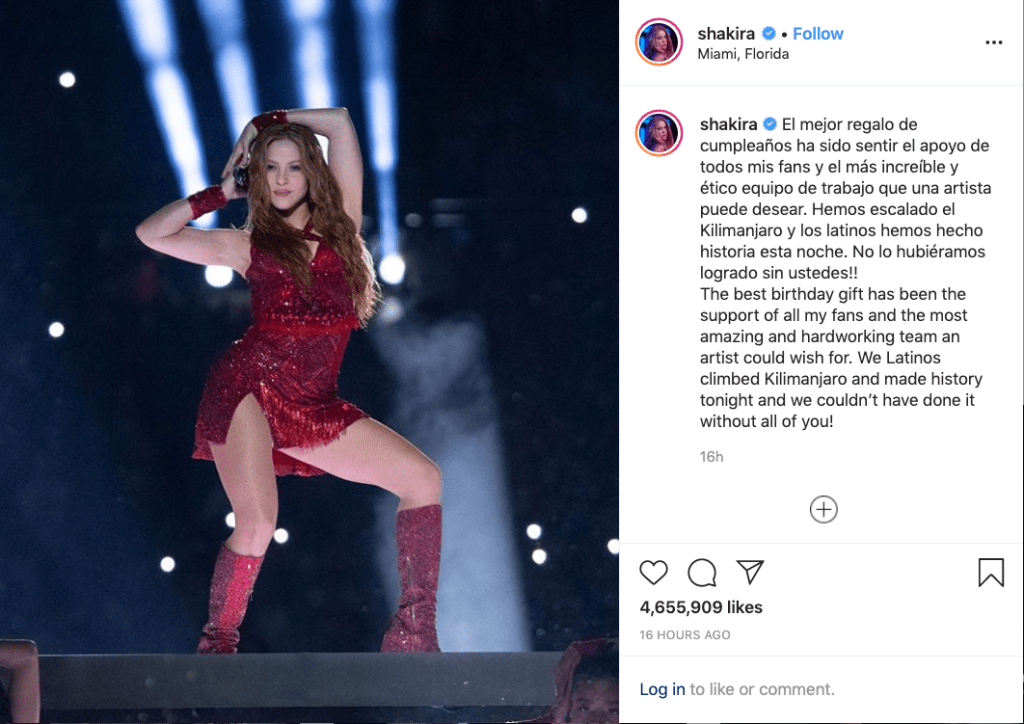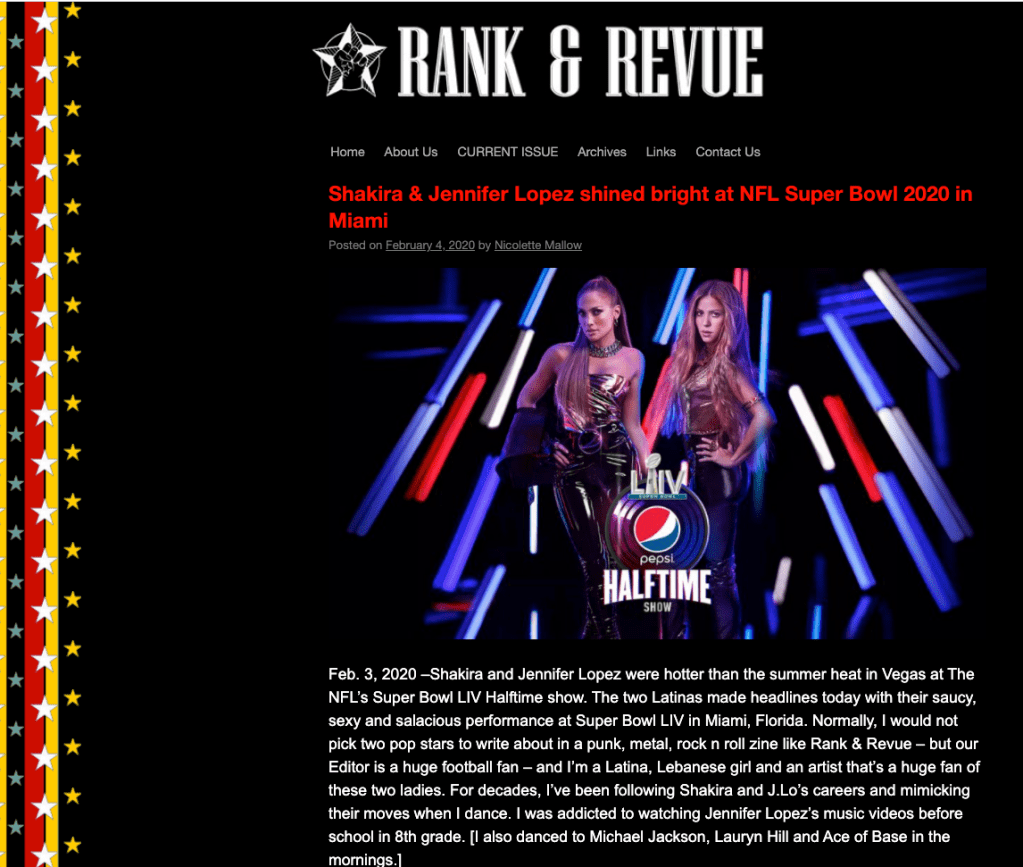Note: This interview was published by Voyage Austin in the Highlighter Series of December 2025.
Good morning Nicolette, we’re so happy to have you here with us and we’d love to explore your story and how you think about life and legacy and so much more. So let’s start with a question we often ask: What makes you lose track of time—and find yourself again?
Daydreaming and writing can often compel me to lose track of time, yet simultaneously rediscover myself. Since I was little, daydreaming has been a joy of mine. The same applies to writing: if I begin my mornings with writing and I do not set a timer, I can lose track of time. Someone once advised me to allot time for daydreaming, the same way I plan time for any other habit like exercise, sleep, or meditation. Now, on the one hand, I think this is great advice to help keep me grounded and focused. But I also believe in giving your imagination permission to wander freely, to daydream naturally, without limits or timers. Regardless of how one daydreams, writing is so cathartic and evocative; it’s one of the only times I feel that I can truly be myself without hesitation. Writing it out—whether I share it with a friend, publish it, or keep it in a diary—helps me release everything that I’m bottling inside. The power of writing helped me find my voice, and that allowed me to speak my truth.
Can you briefly introduce yourself and share what makes you or your brand unique?
Yes, my artist bio is a great introduction to my career: Nicolette Mallow is an artist. Her journey began in performing arts and athletics, but her love for writing led to a career! Since college, Nicolette has covered numerous press events as a (dyslexic) writer. Her portfolio reflects a vast array of creative content, and she’s obtained 110+ publications in the US and Europe so far.
Mallow has interviewed an extensive list of diverse talent that inspired her along the way, including Greta Gerwig, Jimmy Chin, Bob Roth, Dr. Travis Stork, Joan Lunden, Jay Roach, and Roc Chen. She’s collaborated with companies and PR teams from Texas Monthly, National Geographic, Prevention Magazine, HBO Films, The Hollywood Reporter, SXSW, The David Lynch Foundation, The University of Texas at Austin, and more. Presently, her portfolio entails 12 national awards or scholarships, including both individual and group projects. Working with press and publicity teams from companies like Sunshine Sachs, Fons PR, Frank PR, and CW3PR — Mallow can liaise with publicists, entrepreneurs, and their brands.
Her career transcends many industries like AI content engineering, jewelry, publishing, sales, customer service, fashion, A&E, fine dining, and tech. But her focus always returns to the arts. Obtaining two degrees from the Savannah College of Art & Design (SCAD), Nicolette has a Master of Arts degree in Arts Administration and a B.F.A. in Writing.
Okay, so here’s a deep one: What breaks the bonds between people—and what restores them?
Lack of trust, lack of boundaries, and lack of communication break the bonds between most people, because it’s hard to respect someone that you don’t trust. And once that trust begins to deteriorate, it’s hard to move forward. We can restore trust by being honest with ourselves and transparent with others. We can restore trust by taking accountability and admitting when we are wrong. Likewise, we can heal broken bonds by opening our hearts to healing. Pride and ego destroy a lot of bonds as well; a lot of people would rather burn bridges than admit they were wrong or accept they’re a flawed human being (like the rest of us). But people often lie to themselves, and that leads me to another quote I love: “Above all, don’t lie to yourself. The man who lies to himself and listens to his own lie comes to a point that he cannot distinguish the truth within him, or around him, and so loses all respect for himself and for others. And having no respect he ceases to love.” —Fyodor Mikhailovich Dostoevsky
What’s something you changed your mind about after failing hard?
In the past, I somehow thought you could plan milestones and goals (success) like a to-do list. Alas, success does not operate on a timeline, and failure taught me patience. Life is not a grocery shopping list that you can check off and complete all at once. Think of it like booking a vacation: you can plan months or a year in advance, but the weather or illness might still cancel the flight and cause delays to your destination. Unlike travel insurance, where you can get your money back, there’s no such thing as insurance when it comes to your time. If life blows up in your pretty little face, there isn’t a number you can call to file a claim and get your time back. So I had to learn patience and adaptability. Failure forced me to learn how to show grace and compassion for myself when things don’t go to plan. Failure taught me that if things don’t work out, it wasn’t the right path for me, and instead of resisting failure, accept it and alter course.
Alright, so if you are open to it, let’s explore some philosophical questions that touch on your values and worldview. What’s a belief you used to hold tightly but now think was naive or wrong?
We have all heard the phrase “love is blind,” but it took a lot of unnecessary heartache for me to believe that true love does not conquer all. I wouldn’t relay any of this to little kids or teenagers, but past the age of college, we should start to embrace the stark reality that chemistry and compatibility are not the same. We can love someone who is all wrong for us, and therefore it’s not a healthy love. In the past, I based a lot of my choices in relationships upon the chemistry I was feeling instead of looking at compatibility and character. We should not only want someone we share chemistry with, because passion and excitement are important. But I didn’t use to consider the bigger, long-term realities: Is this person safe? Is this person kind? Are they trustworthy? Do we share the same values? Can they regulate their emotions when angry? Are they emotionally mature? Do they have a strong work ethic? Are they honest? Do their actions match their words? Do they take care of themselves and have healthy boundaries? Etc… This fanciful, romanticized idea that “true love conquers all,” solely based on the chemical dopamine hits we get from falling in love, is incredibly naive, self-destructive, and foolish. I now seek chemistry and security (instead of simply chasing my passions, because the word “passion” has both negative and positive connotations). The truth is, there’s no such thing as a perfect relationship, and love won’t keep the lights on. Having said this, I’ve never had a relationship that was solely based on security because without passion it’s lifeless and boring like a dial tone. Finding that balance of passion and security is lucrative to your peace! There’s a quote from the movie How to Make an American Quilt that I adore: “Young lovers seek perfection. Old lovers learn the art of sewing shreds together and of seeing beauty in a multiplicity of patches”.
Okay, so before we go, let’s tackle one more area. How do you know when you’re out of your depth?
My body will tell me when I am out of my element, and I’ve pushed my boundaries too far. We all have intuition, but some people are more naturally in tune with their instincts (a skill that we can all learn or enhance). Years ago, I was guilty of ignoring my gut instincts, and I used to rationalize my anxiety or trepidations around a person, place, or thing. Like I just needed to take a deep breath and let it go, or I kept making excuses for other’s bad energy. Even with all the rationalization, the angst in my gut never really went away in certain environments; I simply became masterful at disassociating from it. After learning the hard way one too many times or making myself physically sick from stress—I now know that if my nervous system is lighting up like a pinball machine, it’s not cutesy “butterflies in the stomach,” and it’s not something to be ignored. Because that is my instinct warning me that something is awry, toxic, or dangerous. If something feels wrong in your gut, listen closely and honor your body
https://voyageaustin.com/interview/story-lesson-highlights-with-nicolette-mallow
Photography : Steve DeMent
Make-up/Hair: Summer Edwards
Jewelry Head Piece: Adrian Nichole Amiro
